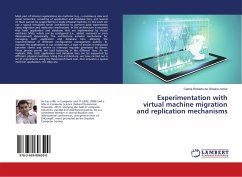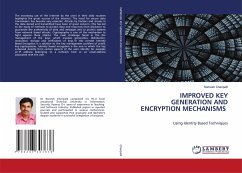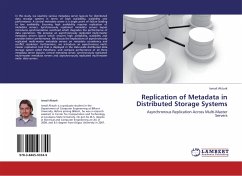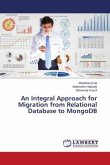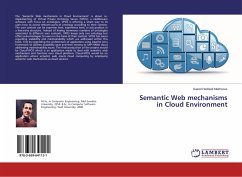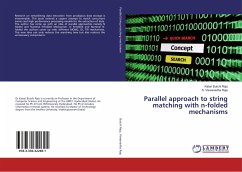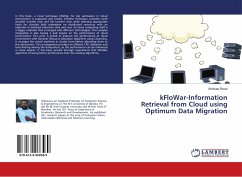Most part of Internet applications are multi-tier (e.g., e-commerce sites and social networks), consisting of application and database tiers, and several of them cannot be supported by a single physical machine. In this work we use a typical virtualized server architecture to perform basic experiments using migration and replication mechanisms. In this architecture is assumed that both application and database tiers are implemented by virtual machines (VMs), which can be configured (i.e., added, removed or even dimensioned) dynamically. The architecture includes mechanisms for managing both application and database tiers, allowing the experimentation of different configuration management policies. To manage the applications in our architecture, a layer of proxies is interposed between clients and servers to intercept requests generated by clients. These proxies permit the load balancing in the different tiers. As we replicate VMs, both application and database tiers can be supported by different physical machines. Using this architecture, we have carried out a set of experiments using the Rubis benchmark tool, that simulates a typical multi-tier application, the eBay site.
Bitte wählen Sie Ihr Anliegen aus.
Rechnungen
Retourenschein anfordern
Bestellstatus
Storno

